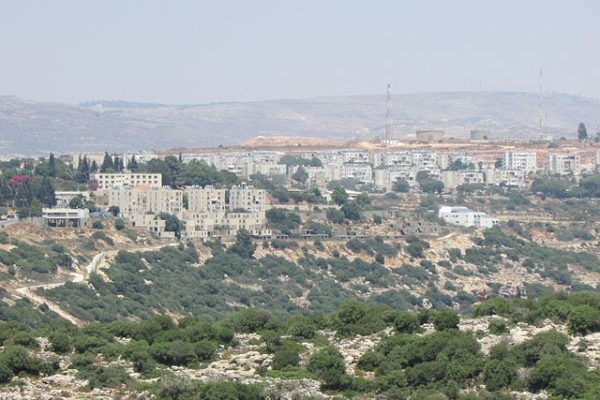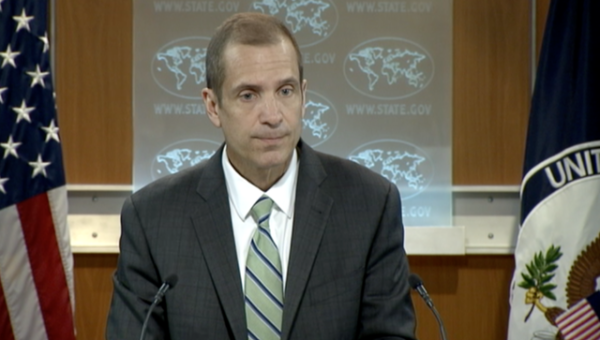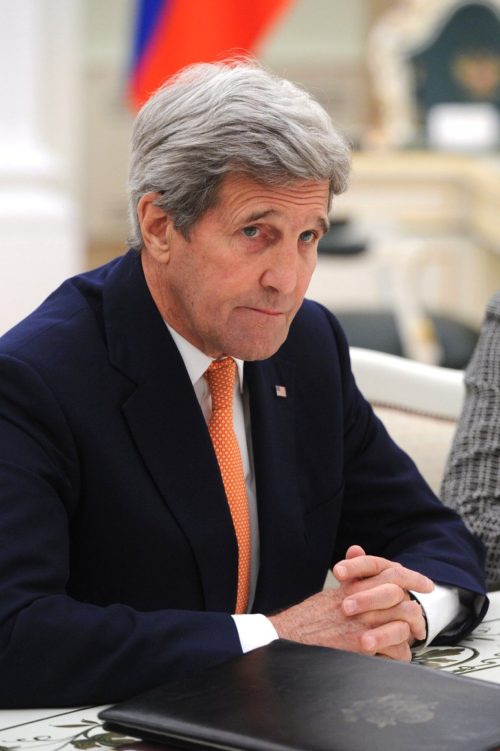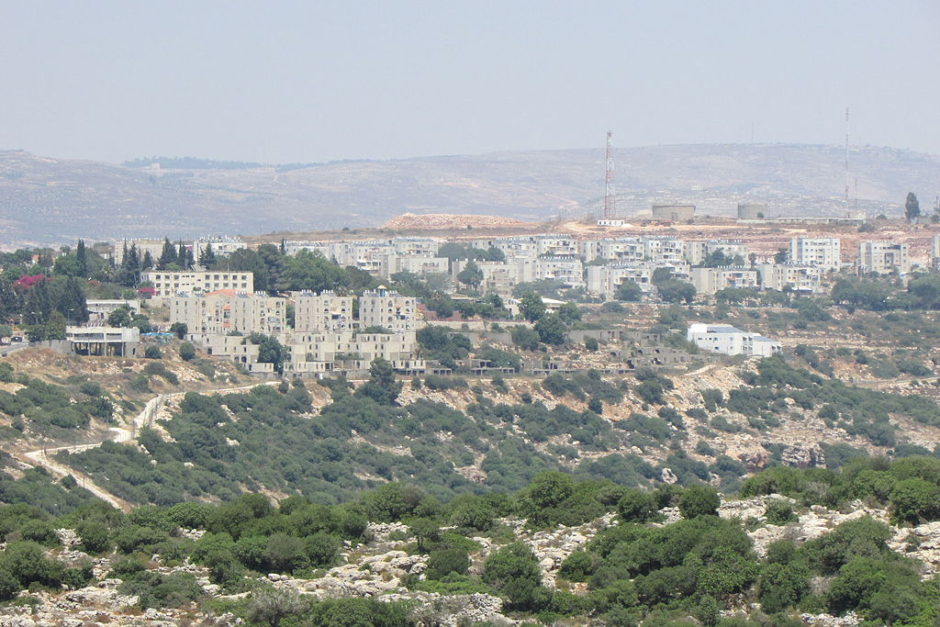Israel’s web of settlements in the West Bank, a barrier blocking a much-needed two-state solution, are causing problems for Israel yet again in the international community.
Earlier this month, the United States — Israel’s chief ally and benefactor — and the Quartet of Middle East peace mediators condemned the Israeli settlement project. Israel has been the object of such criticism since the 1967 Six Day War, when the occupied territories fell into its hands.

Responding to news that 98 new housing units are to be built in the settlement of Shilo for the residents of Amona, who must soon leave their homes in accordance with a demolition order handed down by the Israeli Supreme Court, the United States denounced the planned construction.
President Barack Obama’s press secretary, Josh Earnest, suggested that Israel had broken its promise not to build new settlements or set aside land for them. Earnest charged that Israel’s announcement would “undermine the pursuit of peace.”
U.S. State Department spokesman Mark Toner was equally emphatic in excoriating Israel’s counter-productive move: “This settlement’s location deep in the West Bank, far closer to Jordan than Israel, would link a string of outposts that effectively divide the West Bank and make the possibility of a viable Palestinian state more remote.”

Toner described the timing of the announcement as “deeply troubling.” It came shortly after the United States and Israel signed a $38 billion Memorandum of Understanding and days after Obama attended the funeral of former Israeli president and prime minister Shimon Peres, an advocate of an Israeli-Palestinian rapprochement.
Insisting it is still committed to a “solution of two states for two peoples,” Israel claimed the new housing units do not constitute a new settlement because they will be built in the existing settlement of Shilo.
That may be true, but Israel misses the point of Washington’s well-founded critique. Prime Minister Benjamin Netanyahu is fooling no one when endorses Palestinian statehood while expanding Israel’s grip on the West Bank. He cannot speak from both sides of his mouth. It’s a blatant exercise in insincerity and hypocrisy.
The settlements, as he well knows, were erected in the first place to prevent the formation of a Palestinian state. If, by some chance, they were to remain in place after the advent of Palestinian statehood in the West Bank and the Gaza Strip –which comprise only 22 percent of Mandate Palestine — they would break up the territorial integrity and contiguity of such a state.
Due to these reasons, the settlements would get in the way of a peaceful resolution of Israel’s long-running dispute with the Palestinians.
U.S. Secretary of State John Kerry made that point late last month when he said that Israeli settlement activity in the West Bank renders Palestinian statehood “unsustainable.”

Kerry warned that Israel is heading in the direction of an “intractable one-state reality.” A reality that would finish off the Zionist dream of a democratic Jewish state.
On the eve of Kerry’s comments, the Quartet — the United States, the United Nations, the European Union and Russia –delivered a similar warning. Calling settlements an obstacle to peace, the Quartet said that settlement construction and expansion (are) “steadily eroding the viability of a two-state solution.”
Very true.
The settlements and Israel’s military occupation of the West Bank, championed by the current right-wing Israeli government and its conservative supporters, are creating greater distance between Israel and liberal Jews in the Diaspora.
In an open letter to Israel published in the October 13 edition of the New York Review of Books, more than 70 American intellectuals called for a targeted boycott of goods and services from settlements in the West Bank.
The signatories, ranging from the academic Bernard Avishai to the journalist Peter Beinart, wrote: “To promote (peace) negotiations, we call for a targeted boycott of all goods and services from Israeli settlements in the occupied territories, and any investments that promote the occupation, until such time as a peace settlement is negotiated between the Israeli government and the Palestinian Authority.”

In the same vein, JStreet, the U.S. lobbying group, has urged the Treasury Department to review the tax-deductibility status of American organizations that support the construction of settlements in the West Bank.
Its brief reads: “A sophisticated private network has sprung up in the United States, funded by tax-deductible donations, that has channelled millions of dollars to strengthen the settlements and weaken the Palestinians.”
JStreet is stating the obvious.
Given the imperatives of demographics, Israel cannot remain a democratic Jewish state unless the occupation ends. And the Arab-Israeli conflict cannot be defused unless there is justice for the Palestinians in the form an independent state coexisting with Israel.
These are not radical, off-the-wall ideas, but pragmatic concepts that would be in Israel’s long-term national interests.
Regrettably, the current Israeli government is tone deaf to reason and bulldozes ahead with consolidating its hold on the West Bank.
It’s a prescription for more tension, violence and bloodshed.
